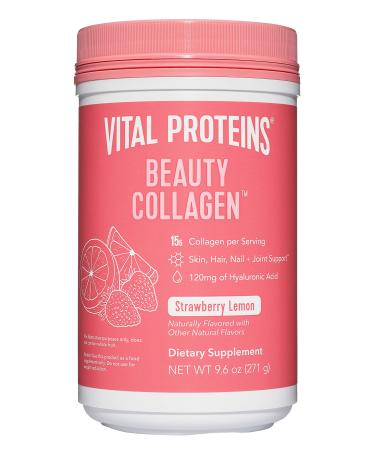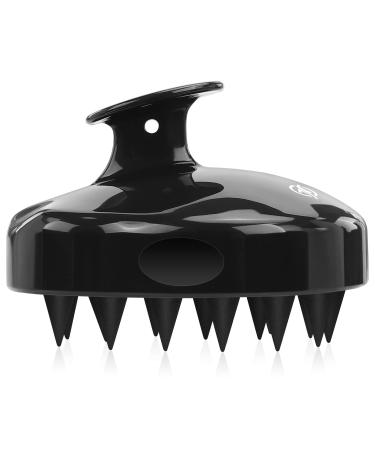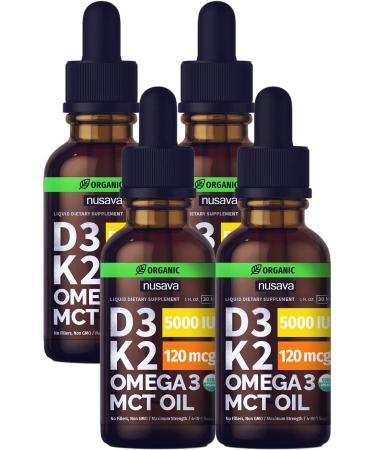General benefits of dried blueberries are varied due to the fact that they contain a large number of potent antioxidants.
Our scientists are still working relentlessly to uncover all the wonders of phytonutrients hidden within these bluish berries. Due to the fact that dried blueberries are packed with dietary fiber and nutrients, while being completely free of fat, anyone can eat them. A sensitivity to blueberries is highly uncommon.
Dehydrated Vs. Freeze Dried Blueberries
As fresh berries don't keep well, the best way to enjoy blueberries out of season is the dry them. There are two technologies used for this purpose today, dehydration and freeze drying.
Nutritionally, the difference between dehydrated and freeze dried blueberries isn't significant. However, their shape is very different. While dried blueberries look shriveled and small due to the fact that water leaves them gradually. Freeze-dried goods mostly retain their original shape. They can also be re-hydrated faster. The bad news is that they get somewhat brittle due to the process. Note that the shelf-life of dehydrated foods is usually longer, and, arguably, they taste much better.
Organic Dried Blueberries from Food To Live are dehydrated using top-quality equipment.
Please remember that dehydration significantly reduces both size and weight of the blueberries. This means that a cup of fresh fruits contains fewer actual berries, fewer calories, and less sugar than the same amount of dried blueberries. You should take this into account when replacing fresh berries with dried in your recipes.
Dried Blueberries: Nutrition
The nutritional value of blueberries is so high, they are considered one of the most antioxidant-dense foods in the world. Dried Blueberries from Food To Live allow you to get all that power of precious phytonutrients.
- Vitamin A
- Vitamin C
- Vitamin K
- Calcium
- Iron
- Manganese
Homemade Dried Blueberries
You can dehydrate dried blueberries yourself, but the process is rather cumbersome. You'll have to 'crack' the skin of the berries so that the liquid from within can evaporate efficiently. This requires boiling them for about a minute and them immediately immersing fruits in ice-cold water. Using a vegetable steamer basket and a large pot would be most efficient for this task. Note that boiling would destroy some nutrients. Vitamin C, in particular, is highly vulnerable to heat.
After you 'process' the berries in such a way, you can dry them using an oven, as you would any other fruit/vegetable. This should take about 4-5 hours with the heat at 140F. You'll need to stir them occasionally so that they don't get stuck to the baking sheet.



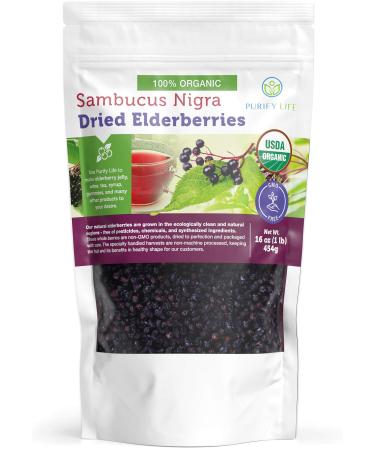
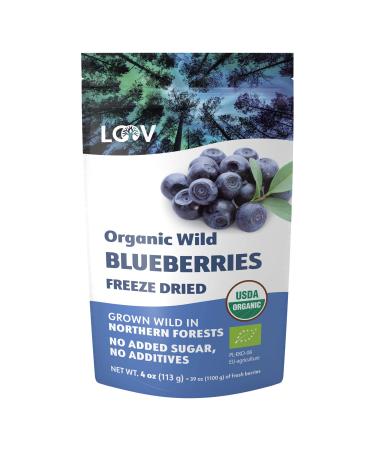
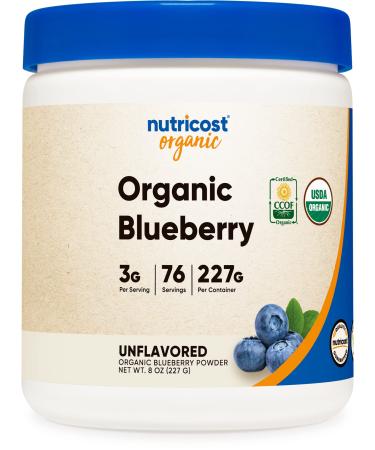


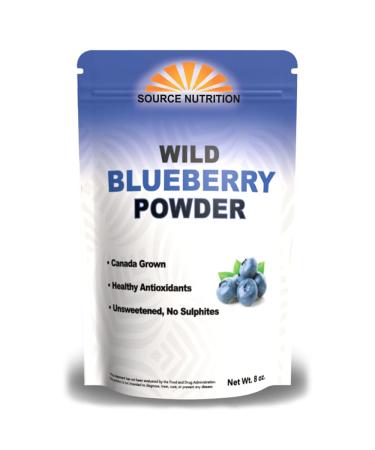


![Stewart Freeze Dried Dog Treats Made in USA [Single Ingredient Puppy and Dog Training Treats - Grain Free Natural Dog Treats] Resealable Tub to Preserve Freshness](https://www.gosupps.com/media/catalog/product/cache/25/small_image/375x450/9df78eab33525d08d6e5fb8d27136e95/6/1/61gwbbixarl._ac_sl1500_.jpg)

